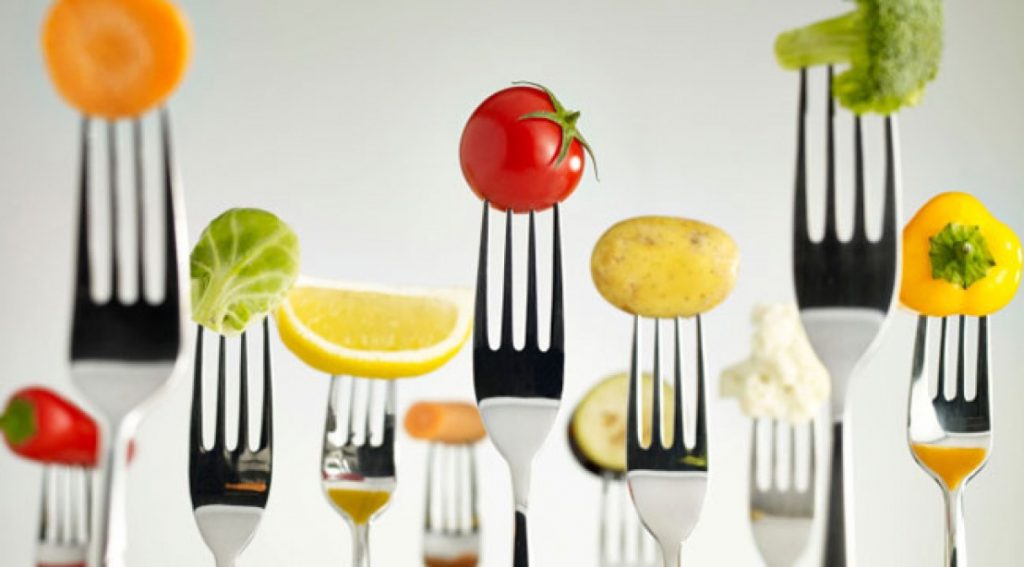Martial Arts Nutrition: Diet for Peak Performance

Martial arts demand not only discipline, skill, and mental fortitude but also optimal physical performance. To perform at their best, martial artists need a nutrition plan that fuels their body, aids recovery, and supports muscle growth. Whether you are training in karate, jiu-jitsu, Muay Thai, or any other martial art, the right diet can enhance your stamina, strength, and overall performance.
This article will explore the fundamentals of martial arts nutrition, focusing on the types of food and nutrients needed to achieve peak performance.
1. Importance of Proper Nutrition in Martial Arts
Martial arts training involves high-intensity drills, sparring, and conditioning exercises that place significant demands on the body. Proper nutrition is critical to support the energy requirements and physical demands of these activities. A well-balanced diet can:
- Boost energy levels: Martial artists need fuel to perform at their best during training and competition.
- Enhance endurance: Proper nutrition supports stamina and helps prevent fatigue during long sessions.
- Promote muscle recovery: After intense workouts, a balanced diet aids in the repair and rebuilding of muscles.
- Support mental focus: Certain nutrients contribute to better concentration and cognitive function, essential for learning techniques and strategy.
2. Key Nutritional Components for Martial Artists
A balanced diet for martial artists should include macronutrients (carbohydrates, protein, and fat) and micronutrients (vitamins and minerals) that support optimal performance and recovery.
a. Carbohydrates: The Primary Energy Source
Carbohydrates are the body’s main source of energy and are especially important for martial artists who engage in intense training sessions. Complex carbohydrates provide a slow and sustained release of energy, making them ideal for maintaining performance during prolonged periods of activity.
Best sources of carbohydrates:
- Whole grains (brown rice, quinoa, oats)
- Sweet potatoes
- Whole-wheat pasta and bread
- Fruits (bananas, berries, apples)
- Vegetables (leafy greens, carrots, peas)
When to consume carbs:
- Pre-training: Consuming complex carbohydrates 2-3 hours before training helps fuel your muscles and sustain energy throughout your session.
- Post-training: After intense exercise, simple carbohydrates (like fruit or honey) can help replenish glycogen stores quickly.
b. Protein: Building and Repairing Muscles
Protein is essential for muscle repair and growth, especially after intense martial arts training. Consuming enough protein helps to rebuild muscle tissue and reduce soreness, which is important for recovery and performance improvement.
Best sources of protein:
- Lean meats (chicken, turkey, lean beef)
- Fish (salmon, tuna, mackerel)
- Eggs
- Dairy (Greek yogurt, cottage cheese)
- Plant-based options (tofu, tempeh, lentils, beans, quinoa, nuts)
When to consume protein:
- Post-training: Consuming protein within 30-60 minutes after training helps the muscles repair and recover. A protein-rich meal or snack is essential after every workout to optimize recovery.
c. Healthy Fats: Sustained Energy and Joint Health
Fats play a key role in hormone production, joint health, and providing a sustained source of energy for long-duration training. Martial artists should prioritize healthy fats that reduce inflammation and support overall cardiovascular health.
Best sources of healthy fats:
- Avocados
- Nuts and seeds (almonds, chia seeds, flaxseeds)
- Olive oil
- Fatty fish (salmon, sardines, mackerel)
- Coconut oil
When to consume fats:
- Spread throughout the day: Healthy fats are best consumed consistently throughout the day to maintain energy levels and support joint and muscle health.
3. Micronutrients: Essential Vitamins and Minerals
While macronutrients form the foundation of a good diet, micronutrients play an equally important role in ensuring peak performance.
a. Iron: For Oxygen Transport and Energy Production
Iron is essential for oxygen transportation in the blood, which supports muscle function and stamina. Martial artists, particularly women, need to monitor their iron levels to avoid fatigue and weakness.
Sources of iron:
- Red meat
- Leafy green vegetables (spinach, kale)
- Beans and lentils
- Fortified cereals
b. Calcium and Vitamin D: For Bone Health
Martial arts involve high-impact movements and sparring, which can put stress on bones and joints. Calcium and vitamin D are essential for maintaining strong bones and preventing injuries.
Sources of calcium:
- Dairy products (milk, cheese, yogurt)
- Leafy greens (kale, broccoli)
- Almonds
- Fortified plant milks (soy, almond, oat)
Sources of vitamin D:
- Sunlight exposure
- Fatty fish (salmon, tuna)
- Fortified dairy products and cereals
c. Magnesium: For Muscle Function and Recovery
Magnesium helps regulate muscle contractions and relaxations, making it important for preventing muscle cramps and promoting recovery.
Sources of magnesium:
- Dark leafy greens (spinach, chard)
- Nuts and seeds (almonds, sunflower seeds)
- Whole grains
- Legumes
d. Antioxidants: Reducing Inflammation
Antioxidants help reduce inflammation and oxidative stress caused by intense martial arts training. Consuming antioxidant-rich foods can speed up recovery and reduce soreness.
Sources of antioxidants:
- Berries (blueberries, strawberries)
- Dark chocolate
- Green tea
- Brightly colored vegetables (bell peppers, tomatoes, carrots)
4. Hydration: A Key Component of Martial Arts Nutrition
Hydration is crucial for any martial artist. Training in martial arts can lead to significant fluid loss through sweat, especially during intense sessions or competitions. Proper hydration is necessary to maintain physical performance, prevent cramps, and regulate body temperature.
a. How much water should martial artists drink?
- Daily intake: Martial artists should aim for at least 3-4 liters of water daily, depending on body size and activity level.
- During training: Hydrate before, during, and after training sessions to prevent dehydration.
- Electrolytes: If training for extended periods or in hot conditions, it may be beneficial to consume electrolyte drinks that replenish sodium, potassium, and other essential minerals lost through sweat.
5. Meal Timing for Martial Artists
Meal timing plays a vital role in ensuring optimal performance and recovery.
a. Pre-Training Meals
A balanced meal of complex carbohydrates and lean protein consumed 2-3 hours before training provides sustained energy and helps prevent muscle breakdown during exercise.
Example Pre-Training Meal:
- Grilled chicken with brown rice and steamed vegetables
- Oatmeal with a banana and almond butter
b. Post-Training Meals
After training, a meal rich in protein and carbohydrates is essential for muscle recovery and glycogen replenishment.
Example Post-Training Meal:
- A protein shake with a banana and Greek yogurt
- Grilled salmon with quinoa and mixed vegetables
c. Snacks
Healthy snacks can be consumed between meals to maintain energy levels, especially on intense training days.
Example Healthy Snacks:
- Almonds and dried fruit
- Cottage cheese with berries
- Whole-grain crackers with hummus
6. Supplements for Martial Artists
While a well-rounded diet is essential, some martial artists may consider supplements to support their training. However, supplements should not replace whole foods but can help fill nutritional gaps.
a. Protein Powder
Protein powders (such as whey, casein, or plant-based options) are convenient for post-workout recovery when it may be difficult to get enough protein from food.
b. Creatine
Creatine helps improve strength and endurance, making it a popular supplement for athletes looking to enhance performance during high-intensity training.
c. Branched-Chain Amino Acids (BCAAs)
BCAAs support muscle recovery and reduce muscle soreness, making them beneficial for martial artists who engage in frequent, intense training.
Nutrition is a cornerstone of success in martial arts. A well-balanced diet that includes the right mix of carbohydrates, protein, healthy fats, and essential micronutrients can help martial artists achieve peak performance. Proper hydration, meal timing, and, if necessary, supplementation, all contribute to building a body that is strong, resilient, and ready for the demands of martial arts training.
By understanding and applying these nutritional principles, martial artists can fuel their performance, enhance recovery, and reach their full potential.







Responses